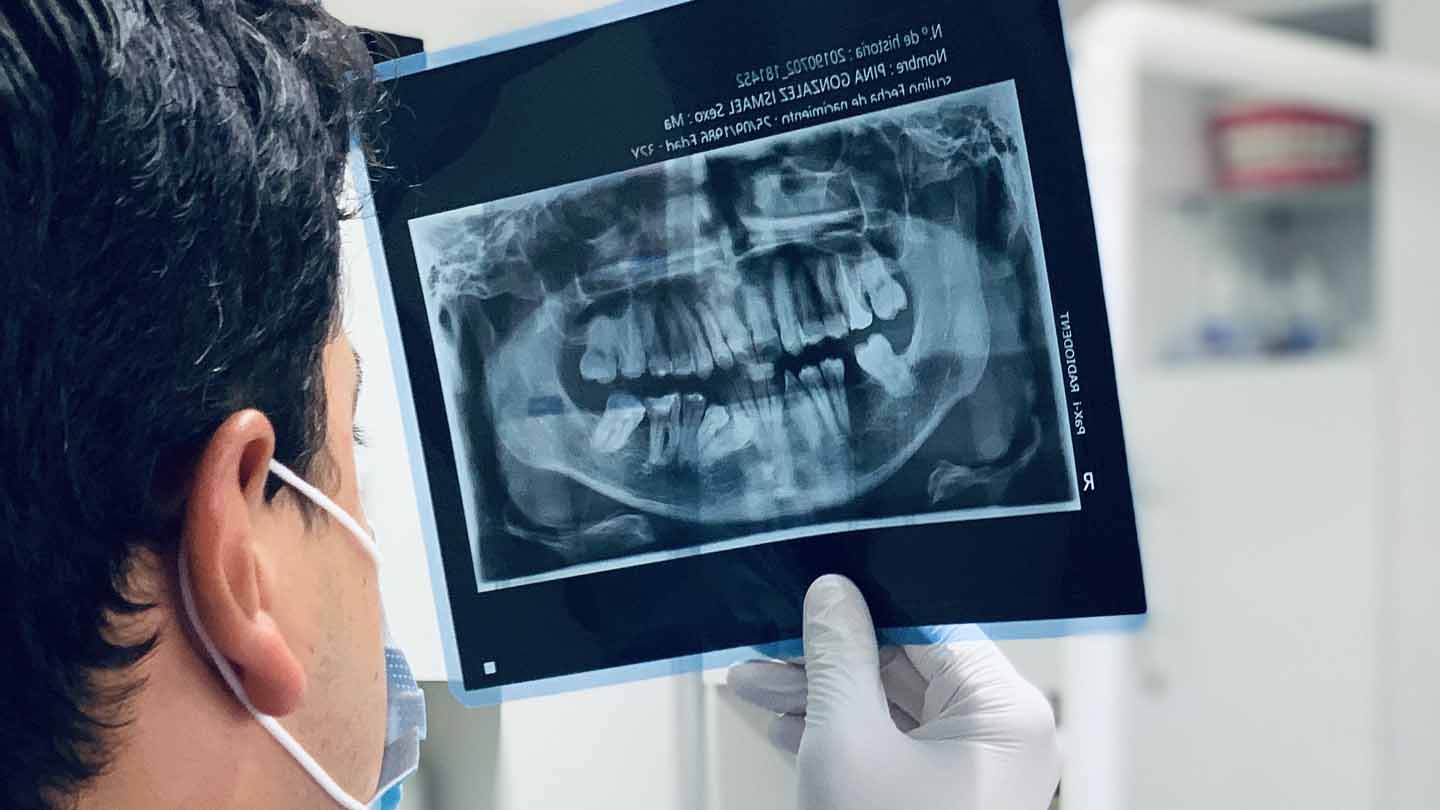Dental veneers have become a popular solution for individuals seeking to enhance their smiles by addressing issues such as discoloration, chips, or misalignment. However, the cost of veneers can vary significantly based on several factors. This article aims to provide a comprehensive overview of dental veneer costs, the types available, and the factors that influence their pricing.
What Are Dental Veneers?
Dental veneers are thin, custom-made shells designed to cover the front surface of teeth, improving their appearance. They are typically made from porcelain or composite resin materials and are bonded to the teeth to alter their color, shape, size, or length.
Types of Dental Veneers and Their Costs
- Porcelain Veneers: Known for their durability and natural appearance, porcelain veneers are custom-made in a dental laboratory. They are resistant to stains and can last between 10 to 20 years with proper care. The cost per tooth ranges from $900 to $2,500, averaging about $1,500. GoodRx
- Composite Resin Veneers: These veneer are made from a tooth-colored resin and can often be applied in a single dental visit. While they are more affordable, costing between $250 to $1,500 per tooth, they are less durable than porcelain veneers, typically lasting between 5 to 7 years. GoodRx
- No-Prep Veneers (e.g., Lumineers): These veneers require minimal to no tooth preparation before placement. They are thinner than traditional veneers and can be applied more quickly. The cost per tooth ranges from $700 to $2,000. NewMouth
Factors Influencing the Cost of Veneers
Several factors can affect the overall cost of dental veneers:
- Material: Porcelain veneer are generally more expensive than composite resin veneer due to their superior durability and natural appearance.
- Number of Veneer: The total cost increases with the number of teeth being treated. Some individuals may opt for a single veneer, while others may choose veneer for multiple teeth to achieve a uniform appearance.
- Geographic Location: Dental procedure costs can vary based on the region and the cost of living in that area. For instance, dental services in urban areas may be more expensive than in rural locations.
- Dentist’s Expertise: Experienced cosmetic dentists with specialized training may charge higher fees for their services.
- Additional Procedures: Preparatory treatments, such as teeth whitening or orthodontics, can add to the overall cost.
Full Mouth Veneers Cost
For those considering veneer for all visible teeth, often referred to as a full mouth veneer procedure, the costs can be substantial. On average, the cost ranges from $4,500 to $30,000 or more, depending on the factors mentioned above.
Insurance and Financing Options
Dental veneer are typically considered a cosmetic procedure and are not covered by dental insurance. However, many dental practices offer financing options or payment plans to make the procedure more affordable. It’s advisable to discuss these options with your dentist during the consultation.
Conclusion
Dental veneer can provide a significant enhancement to one’s smile, but it’s essential to understand the associated costs and factors that influence pricing. Consulting with a qualified dental professional can provide personalized information tailored to your specific needs and help you make an informed decision about your dental care.


Leave a Reply